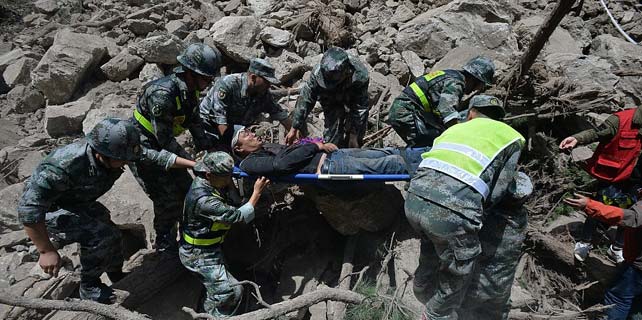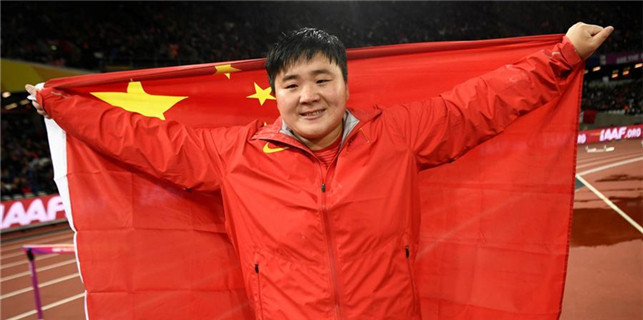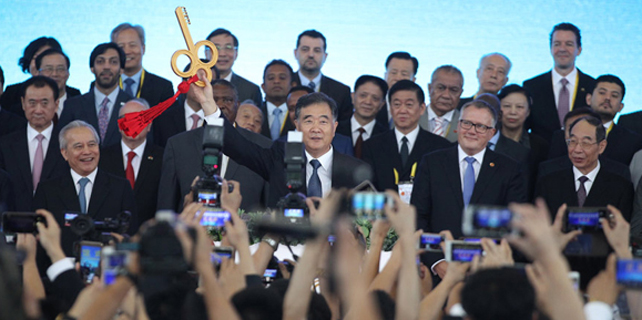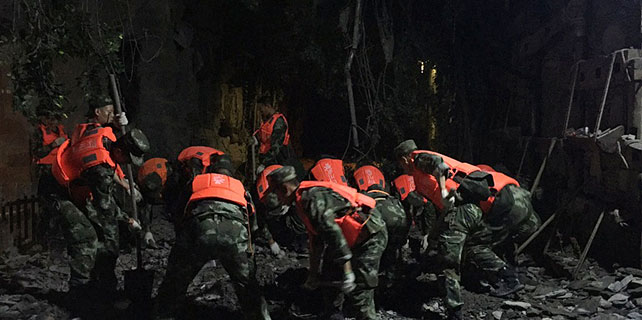UN Security Council divided over new sanctions against DPRK
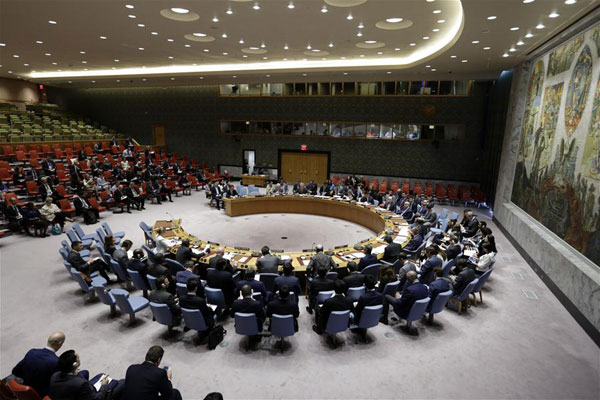 |
|
Photo taken on Sept 4, 2017 shows the United Nations Security Council holding an emergency meeting on the Democratic People's Republic of Korea's nuclear test at the UN headquarters in New York. [Photo/Xinhua] |
UNITED NATIONS - Members of the UN Security Council remained divided on Monday over possible new sanctions against the Democratic People's Republic of Korea over its latest nuclear test.
In an emergency meeting of the Security Council Monday, the United States, France and Britain as well as Japan were in favor of new sanctions, while countries like Russia advised diplomacy.
US ambassador to the United Nations, Nikki Haley, called for "strongest possible measures" by the council against the DPRK. "The time has come to exhaust all diplomatic means to end this crisis, that means quickly enacting the strongest possible measures here in the UN Security Council," Haley told the council meeting that she had requested together with representatives of Britain, France, Japan and South Korea.
"Only the strongest sanctions will enable us to resolve the problem through diplomacy," said Haley. "We have taken an incremental approach, and despite the best intentions, it has not worked."
Russian envoy Vassily Nebenzia cautioned that past failure of the council to curb DPRK's nuclear and missile programs was owing to the fact that the resolutions "were only geared toward leveraging sanctions mechanisms."
"Russia calls on the international community not to yield to emotions, (but) to act in calm and balanced ways," he told the same meeting, adding that a comprehensive settlement can be achieved only through political and diplomatic channels.
French ambassador to the United Nations Francois Delattre called for the adoption of new sanctions by the Security Council, plus autonomous sanctions by the European Union.
He said the threat from the DPRK has changed both in dimension and nature. It has changed from regional to global, from virtual to immanent, from serious to existential.
Japanese envoy Koro Bessho said: "Japan stresses the need for the council to adopt swiftly a new resolution with further robust sanction measures."







